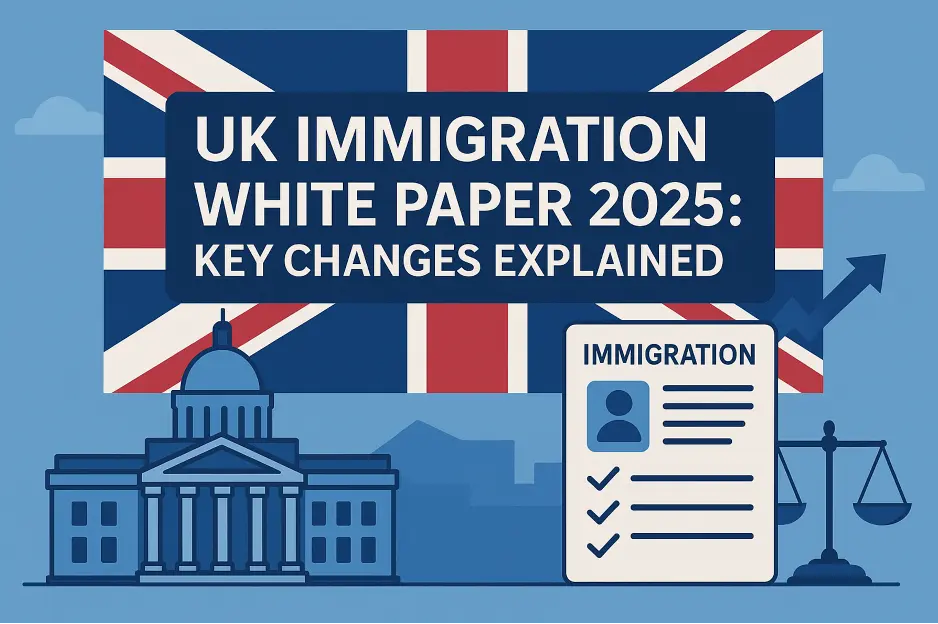
The UK government released its immigration white paper on Monday, May 12, outlining proposed changes to legal migration routes, including reforms to the Graduate Route visa. Currently, this visa allows international students to remain in the UK for two years after completing their studies. Although there had been speculation that the visa might be restricted to graduates with specific professional roles, the white paper does not go that far. Instead, it proposes reforms aimed at strengthening requirements for graduates who wish to stay in the UK, emphasizing the need to work and contribute. However, specific details about these new requirements have not yet been provided.
One notable proposed change is the reduction of the Graduate Route visa’s length from two years to 18 months. This adjustment is part of a broader government effort to reduce net migration, improve oversight of the immigration system, and ensure fairness while still promoting economic growth.
The white paper also discusses the introduction of a levy on universities for each international student enrolled. A 6% levy has been suggested as a model, with the final rate and implementation details to be confirmed in the Autumn budget. The government intends for these funds to be reinvested into the UK’s higher education and skills sector.
To address concerns about misuse of the student visa system, the government plans to tighten compliance standards for educational institutions sponsoring international students. New requirements include a minimum 95% enrolment rate and a 90% course completion rate as part of the annual Basic Compliance Assessment. A new rating system—Red, Amber, Green—will be used to evaluate institutions based on their performance. Those falling short may face restrictions on international student recruitment and could be required to implement specific improvement plans.
Amid these proposed changes, a LinkedIn post by a researcher from the London School of Economics has drawn widespread attention. The post voices frustration with the current Graduate Route visa, describing it as costly and ineffective. The researcher highlights the difficulty of securing sponsored employment in the UK and the emotional and financial strain that results. She criticizes the system for offering only temporary residency with no clear path to long-term security.
She reflects on the personal impact of the process, stating that the effort to obtain sponsorship left her disillusioned and uncertain about her future. In retrospect, she expresses regret about not pursuing a visa elsewhere, such as the High Potential Individual visa offered by other countries. Her message resonated with many others who shared similar experiences in the comments, describing the UK system as disheartening and bureaucratic.
Several responses echoed her sentiments. One user remarked that the visa felt like a costly souvenir from the Home Office, providing little beyond anxiety and instability. Another commenter from Ireland described similar challenges in securing post-study opportunities, emphasizing the broader issue international graduates face across borders. Others noted the uncertainty surrounding the implementation timeline of the white paper, expressing hope to secure stable employment before the changes take effect.


















